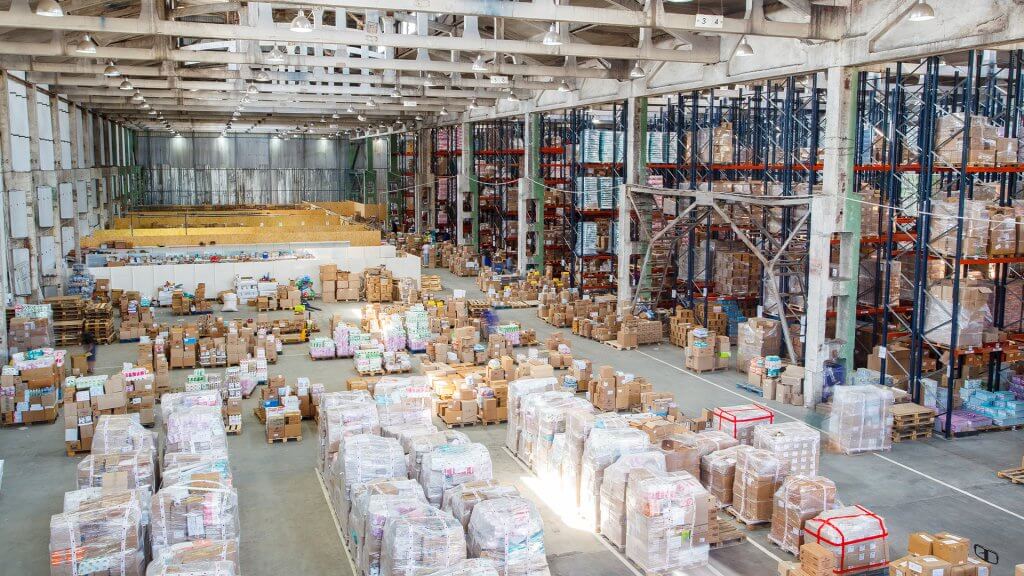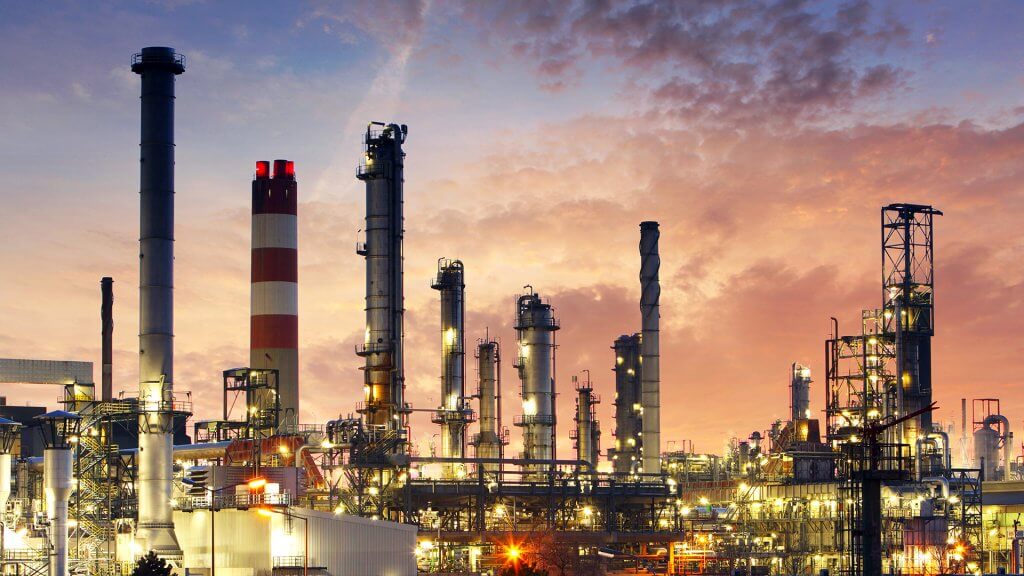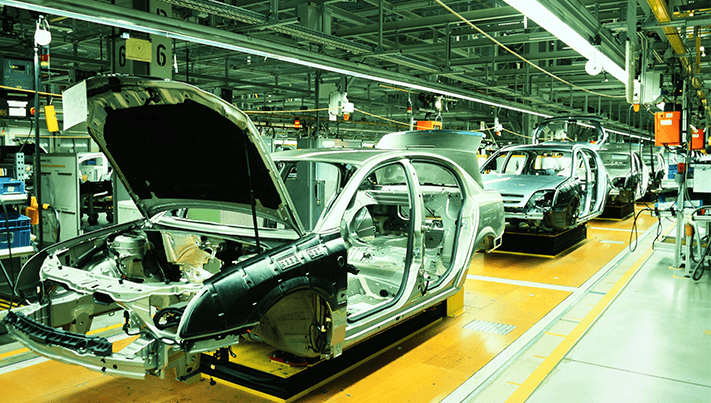
Glastonbury 2024 has come and gone, marking another great year for music fans.
The sprawling festival site, estimated to be around 900 acres, sees nearly 500,000 revellers call Worthy Farm their home for a few days, transforming this lush green space into one of the most densely populated places on earth – at least for five days.
The level of logistics that goes into an event creates a lot of challenges for organisers – especially for sustainability. It’s an issue that festivals and event organisers have long tried to tackle and make a key part of industry practice.
The festival has introduced initiatives and policies to make the event more eco-friendly, including more sustainable power sources, electric-powered vehicles, temporary wind turbines, and incorporating recyclable, reusable, compostable materials across the site where possible.
But sustainability isn’t just just an issue for music festivals. Events of all sizes, from big shows to small corporate events should always consider the impact their carbon footprint can have, and consider options to mitigate the impact.
What can the wider event industry do to make their own projects more sustainable?
Alan Wight, event management expert at Cascade Productions, says:
“We have to be realistic – festivals and large events are naturally not very environmentally friendly. However, making events as sustainable as possible should always be a primary goal for event organisers for events of all sizes across the UK.
While the events industry still has a long way to go, it’s great to see that event organisers continue to invest in more eco-friendly initiatives.”
Alan highlights a few key practices that he believes can help really make a difference.
Engage sustainable transportation services
“By far the biggest contributor to carbon emissions for most events is travel. As a result, it should always be a key thing to consider. Exploring different travel methods can provide alternative travel routes which can help increase accessibility and sustainability.
“Encourage attendees to use public transport as much as possible. Partner with transport companies like bus and taxi services to provide direct access, or incentivise attendees by providing free or heavily discounted travel. Look for companies that incorporate hybrid or electric models as part of their fleet and work with them to provide transport options for attendees.”
Invest in waste reduction initiatives
“Reducing waste production is one of the best ways to tackle the issue right from the start. Use online ticketing to eliminate paper tickets, and instead of printed marketing material, design a mobile app or website for things like information, sign-ups, schedules, maps, etc.
“Avoid single-use plastics by opting for reusable or biodegradable options for things like marketing materials and giveaway items. Select vendors who use minimal or fully recyclable/compostable packaging as part of their services. Even chemicals or water materials used should be a consideration. Although the industry has some way to go in developing workable recyclable solutions, it is getting better and initiatives like this can make a huge difference.”
Hire an eco-conscious waste management solution
“Sometimes producing waste can be unavoidable, but putting effective management programs in place can really reduce its overall impact. Making the process as clear and simple as possible can help secure attendee buy-in, which can make a huge difference.
“Hire sustainability-focused waste management companies for your event. Deploy clearly marked and appropriately labelled bins throughout the event site and make them easy to find. Schedule regular cleaning and pick-up drop-ins to keep waste areas clean, and employ pick-up teams to keep the event floors clear of rubbish.”
Use eco-friendly materials where possible
“Eco-friendly materials, such as those that are biodegradable, recyclable or reusable, can cut down on waste and could even help reduce costs.
“If needed, use marketing materials made from recycled/recyclable materials to promote the event. Engage food vendors who use compostable cutlery and serve ware. If you’re providing gift bags and takeaways, opt for eco-friendly options like reusable tote bags or water bottles that can be used again and again. All of these little measures can quickly add up”
Food choices matter
“Providing food at an event can be a big draw, but it also contributes greatly to your event’s carbon footprint. Consider menu selections can help to reduce food waste, as can accurate attendee dietary preferences.
Hire vendors that make sustainability a key part of their operations, and make them a key part of the selection process and look for local caterers and options where possible. Caterers and venues are sourcing their ingredients locally, which helps to reduce transport costs.
“It’s always important to strike a balance, especially when it comes to attendee experience. Don’t step on providing important services like water stations just to cut emissions – just try to make them as sustainable as possible.”
Prioritise energy efficiency systems
“Choosing the right location is one of the most important aspects of event management. Venues can also have a huge impact on sustainability, so getting it right is key.
“If you’re holding an indoor event, consider venues that incorporate energy-efficient systems into their operations. Many venues also operate their own renewable energy programs and infrastructure, so spending some extra time in the research stage can really help contribute towards sustainable goals.
“Outdoor events also have sustainability challenges. They often require additional, less efficient energy systems, and other logistical concerns can also increase the environmental impact. However, new sustainable technologies like portable solar panels and transportation solutions can help make outdoor events more eco-friendly.”
Support the local economy
“Transporting a lot of materials to an event can be costly and create a large carbon footprint. Looking for supply options from the local area can not only help cut costs but also help boost the local economy and make events more sustainable overall.
“Work with local leaders to identify opportunities for local businesses. Hire local vendors to provide services or bring in items like food, beverages, entertainment and even decor, to add a more cultural and sustainable touch to proceedings. Employ local staff and volunteers and partner with eco-certified hotels to offer local hospitality options.”
Measure and report on environmental performance
“Sustainability initiatives need to be on the same level of importance as budget and should be planned in from the very start to ensure they can be successfully implemented.
Organisers and stakeholders should choose appropriate metrics relating to their sustainability goals, and track progress at every stage. These could focus on energy consumption, water usage, waste generation or overall carbon footprint.
“Audits should be conducted before, during and after an event to ensure goals are achievable and on target. But it’s not just hard data; gathering attendee and vendor feedback can also help inform waste reduction efforts and future events.”
Research and emerging technologies can be game-changers
“Experience, data and feedback are all valuable tools that can help event organisers determine the best practices to make their events more eco-friendly. But it’s also important to remember that working towards creating sustainable events is a continuous process.
“With new emerging technologies and products hitting the market, more effective sustainable practices can be an absolute game-changer when it comes to organising events. Keeping pace with these emerging sustainable practices, focusing on continuous improvement while working together with the whole supply chain is a great way to ensure your event is as eco-friendly as possible.”
Secure attendee buy-in
“Finding ways to engage attendees in eco-friendly practices and behaviours while at an event can be a great way to build awareness and help mitigate issues like waste management and recycling.
But there are things organisers can do to encourage attendees to engage. When buying a ticket for Glastonbury, music fans must agree to the Worthy Pledge, a set of sustainable practices that can help reduce impact. Incorporating sustainability messaging into marketing can be a great way to promote awareness and secure buy-in. Making initiatives accessible and visible can also help. Place recycling bins, composting stations, and waste diversion at strategic points throughout the event space. Introducing incentives like discounts or entry competitions can help attendees engage with sustainable practices and have a great experience at the same time”.





























